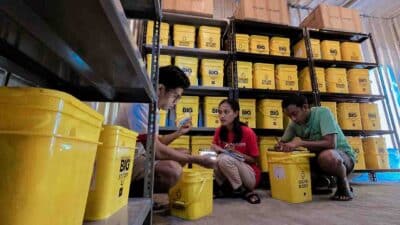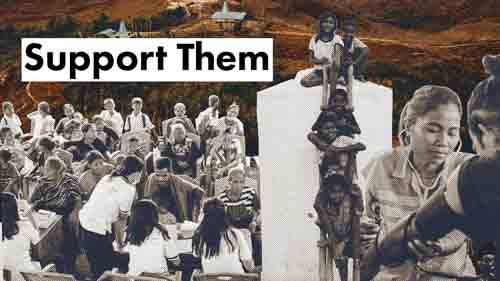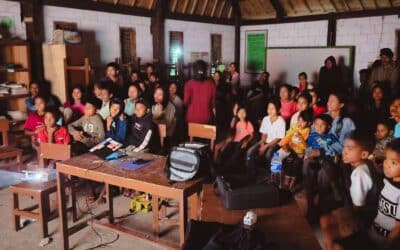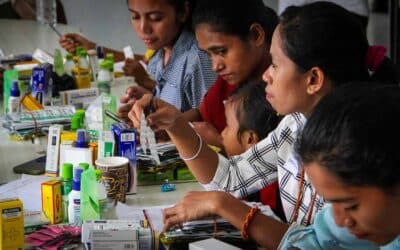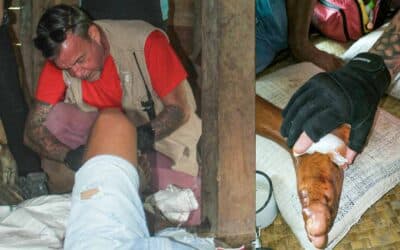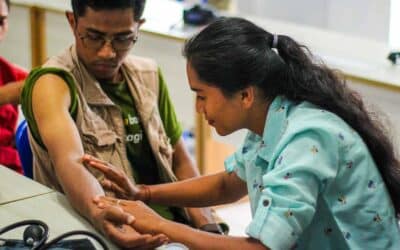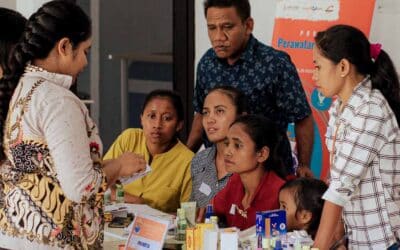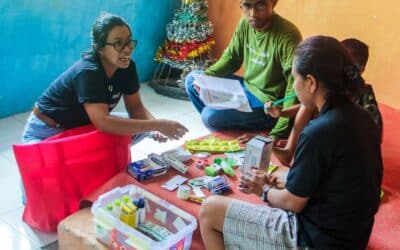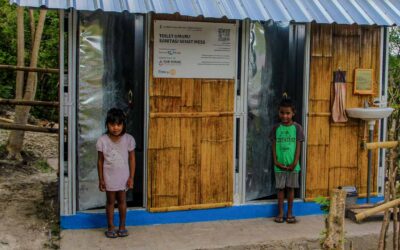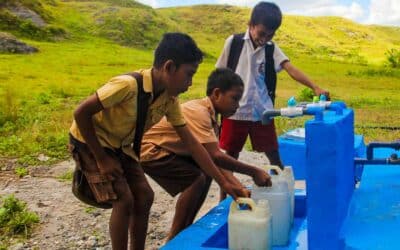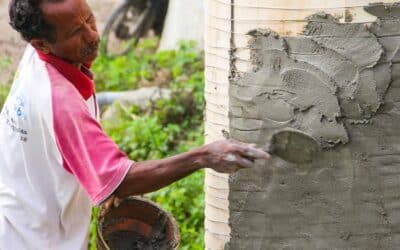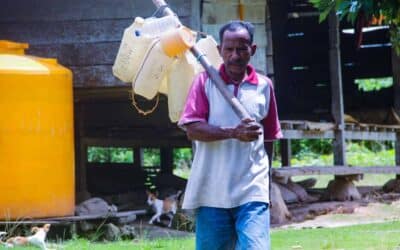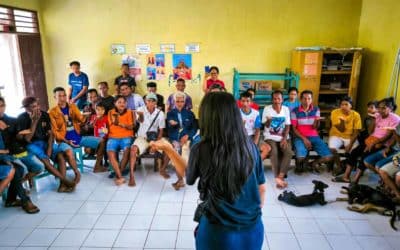After years of walking to find dirty water, villages like Laindatang, Hambarita or Mbinudita can now access clean water from community reservoirs they built themselves. Clean water reduces diarrhea, skin infections, and fear. This is a true reflection of dignity in daily life.
Donate
Support Care
Programs
All projects
Quick News
Field updates
Stories
Field stories
Welcome to the Fair Future News! Our teams have crafted each article, story, and update.
These pages showcase unique content reflecting our mission, work, and community interactions.
True stories. Real people. Humanitarian action in motion.
Here you’ll find stories from the field—100% real, 100% original. Every article is written by us, by those who live these moments, walk these roads, and treat these illnesses. We write them by hand, after the long days, often from tents or remote villages, because we believe in showing what’s real.
The people, the lives, the wounds, the repairs—this is not fiction. This is our daily reality in ultra-rural Indonesia. Every photo is taken by us. Every word comes from those who act. From emergency responses and clean water to child health and malaria cases, these stories reflect both the daily struggles and the incredible strength of those we serve.
Our News page is more than just updates. It’s a record of direct action. A collection of emotions, medical cases, construction progress, and social encounters. We don’t write for clicks—we write for those who care, those who want to know, and those who support our mission.
It’s raw, human, sometimes difficult, but always true. Read them, share them, let them move you. This is how change begins—with knowledge, emotion, and connection.
Alex Wettstein – Fair Future Foundation – Updated in June 2025
Your donation becomes real medical care
Help us reach the unreachable. Every franc you give funds medicines, dressings, tests, and clean water to prevent sickness. It powers solar lights for cold vaccines and night care. It keeps Kawan Sehat agents and Fair Future teams travelling hours to remote villages without doctors or clinics.
Our latest articles
Urgent Need: Support Our Primary Medical Care Program
For over two years, the Fair Future Foundation has provided vital medical assistance to thousands in remote areas, especially children and vulnerable individuals. As we enter our third year, we aim to enhance our efforts by providing education, improving logistics, and increasing medical equipment availability. Your cooperation is vital to continue saving lives in disadvantaged regions.
Matawai the Shades of Water: Mbinudita’s Water Journey
Our documentary, "Matawai de Shades of Water," premiered in the remote village of Mbinudita. The...
Empowering Rural Women Health Workers
In the Mahu sub-district of Wairara, health workers from Kawan Sehat diligently restocked their...
Primary Medical Care in Rural Areas Saves Lives
Alex skillfully performed a surgical incision on a young man from Hambarita who had been bitten by...
Life-Saving Primary Medical Actions in Rural Areas
Our team is training Kawan Sehat health workers to measure blood pressure in ultra-rural areas...
Primary Medical Care: Lifesaving Rural Healthcare Initiative
Our Kawan Sehat health workers are trained by competent medical experts in the Mahu region, known...
Revolutionary Primary Medical Care Program Saves Lives
Katrina, a pioneer in the #PrimaryMedicalCare initiative, has been saving lives in Lapinu for over...
Empowering Women and Girls with Clean Water Access
Two young girls from a remote village in Eastern Sumba have discovered clean water and private...
Clean Water for Children: Health and Life Preservation
What Pak Kudu Huring and the village residents have accomplished with the Water Connections...
Life-Changing Water Projects in Ultra-Rural Villages
Pak Kudu Huring is building a 5,000-liter ferrocement tank to supply his village with drinking...
Laindatang’s Water Crisis: A Lifesaving Initiative
This new “Picture of the Day” shows you Pak Kudu Huring, who leaves early in the morning to fetch a few litres of water from his house, which is too far from his village of Laindatang. He carries with him nearly ten Jerry cans on his shoulder; he walks quickly, and it isn’t easy to follow him. He makes this trip once or twice a day. He will have to walk several hours to return home with water to drink, eat, and water the animals…
Finding water is a big challenge in extremely rural eastern Sumba villages like Laindatang, finding clean water is a daily challenge. Residents have to venture miles to collect it and often find themselves with resources unfit for consumption. This situation further exposes their society to serious health risks, such as Malaria, Polio, diarrheal diseases, typhoid fever, dysenteric infections, and parasitic diseases, often attributed to the consumption of contaminated water, which aggravates cases of malnutrition while increasing infant mortality rates.
The Water Connections project in Laindatang, which Fair Future initiated, is appropriate for this situation. Drinking water points have been installed near homes, considerably reducing the distances travelled to fetch water. We guarantee a constant supply of clean water through deep drilling and installation of pumps, tanks, and filtration systems, ensuring high-quality standards are met.
In addition to providing water, our project also organizes educational sessions on hygiene and water management that aim to raise awareness of sanitation practices among residents. The program emphasizes the importance of washing hands with soap, saving water efficiently, and maintaining good personal hygiene to prevent infections – all of which villagers learn during the course of these information sessions.
The effects of Water Connections are already evident, as the reduction in illnesses associated with contaminated water improves the community’s overall well-being. With healthier children attending school more regularly, their educational opportunities and future prospects become more promising. Additionally, adults with fewer health problems tend to be more productive and help drive economic growth in the village.
In Laindatang, there is constant change. The female population, who generally bear the burden of water collection tasks, now have more time to devote to other educational or productive activities. With access to uncontaminated watering systems and thriving vegetable gardens in communal gardens, families can supplement their income while having more excellent nutritional resources within their reach.
Our efforts to address the water crisis in Laindatang go far beyond providing clean water. We are making significant progress toward improving health care and education outcomes and spurring economic growth in local communities.
Through this project, we aim to give villagers long-term solutions that will enable them to create a better future for themselves and their families. Our unwavering commitment to transforming disadvantaged regions is reflected in our commitment to ensuring access to vital resources such as clean water.
Fair Future Foundation medico-social camp in East Sumba – Rumah Kambera, Lambanapu – The 15th of July 2024.
Bringing Clean Water and Health Education to Rural Areas
In ultra-rural villages where access is challenging, Fair Future brings clean water and vital health education. The dedicated teams teach residents and school staff about hygiene, nutrition, and disease prevention. This #WaterConnections project benefits nearly 800 people, including 60% children, highlighting the transformative power of clean water and education.



